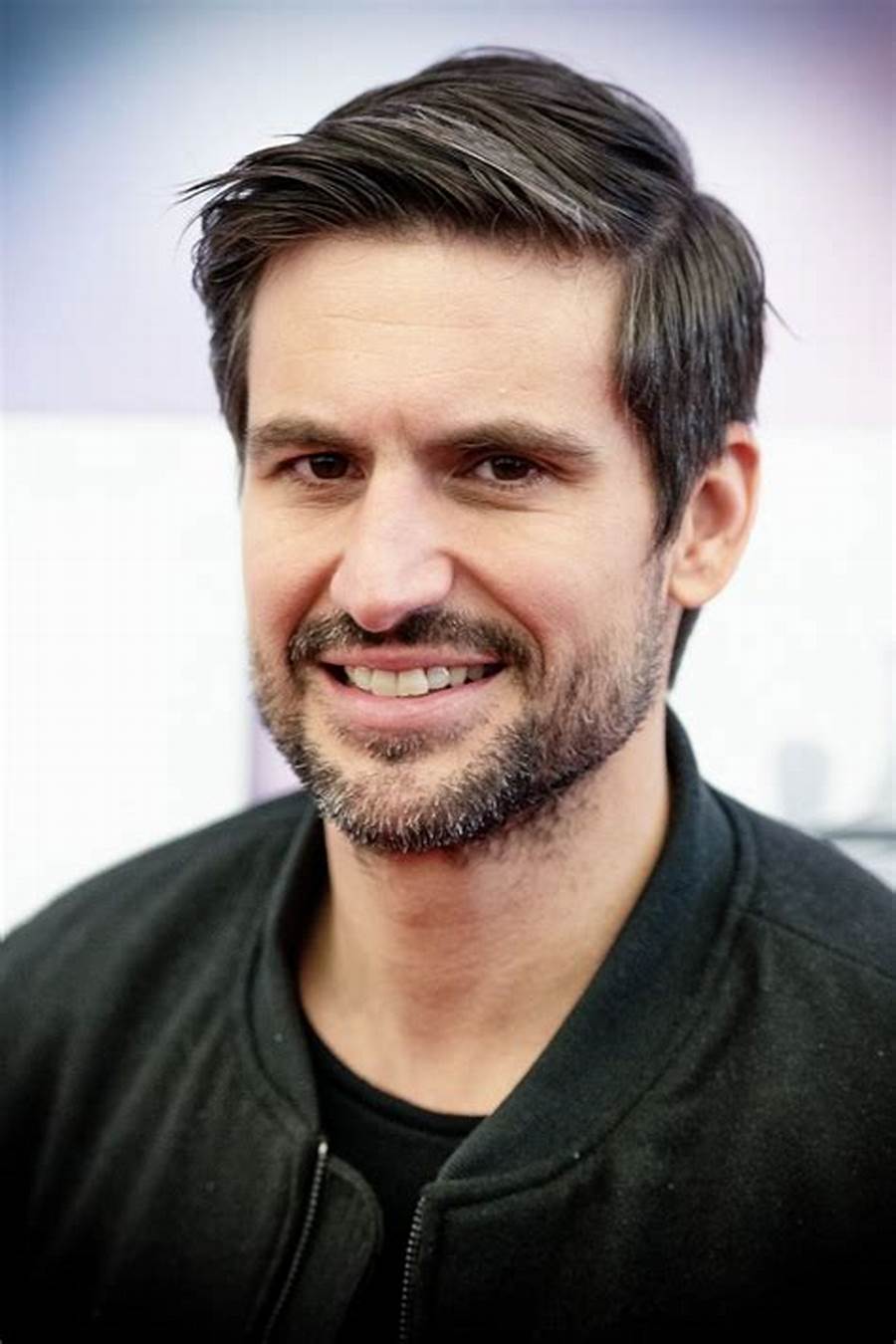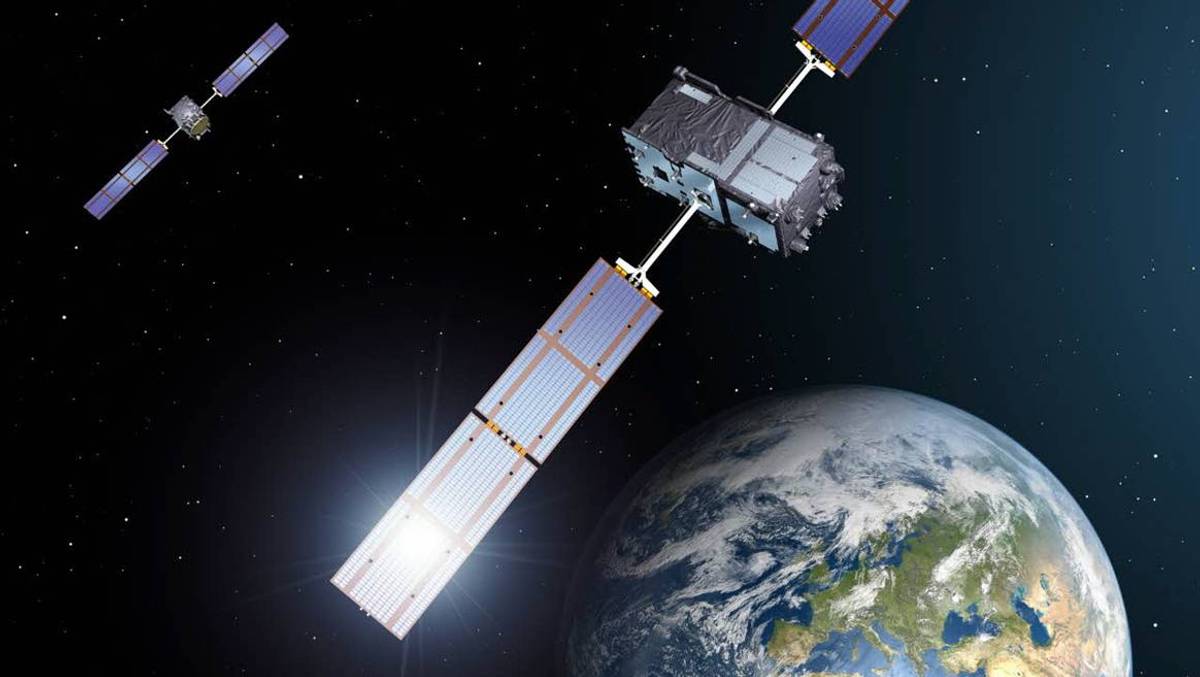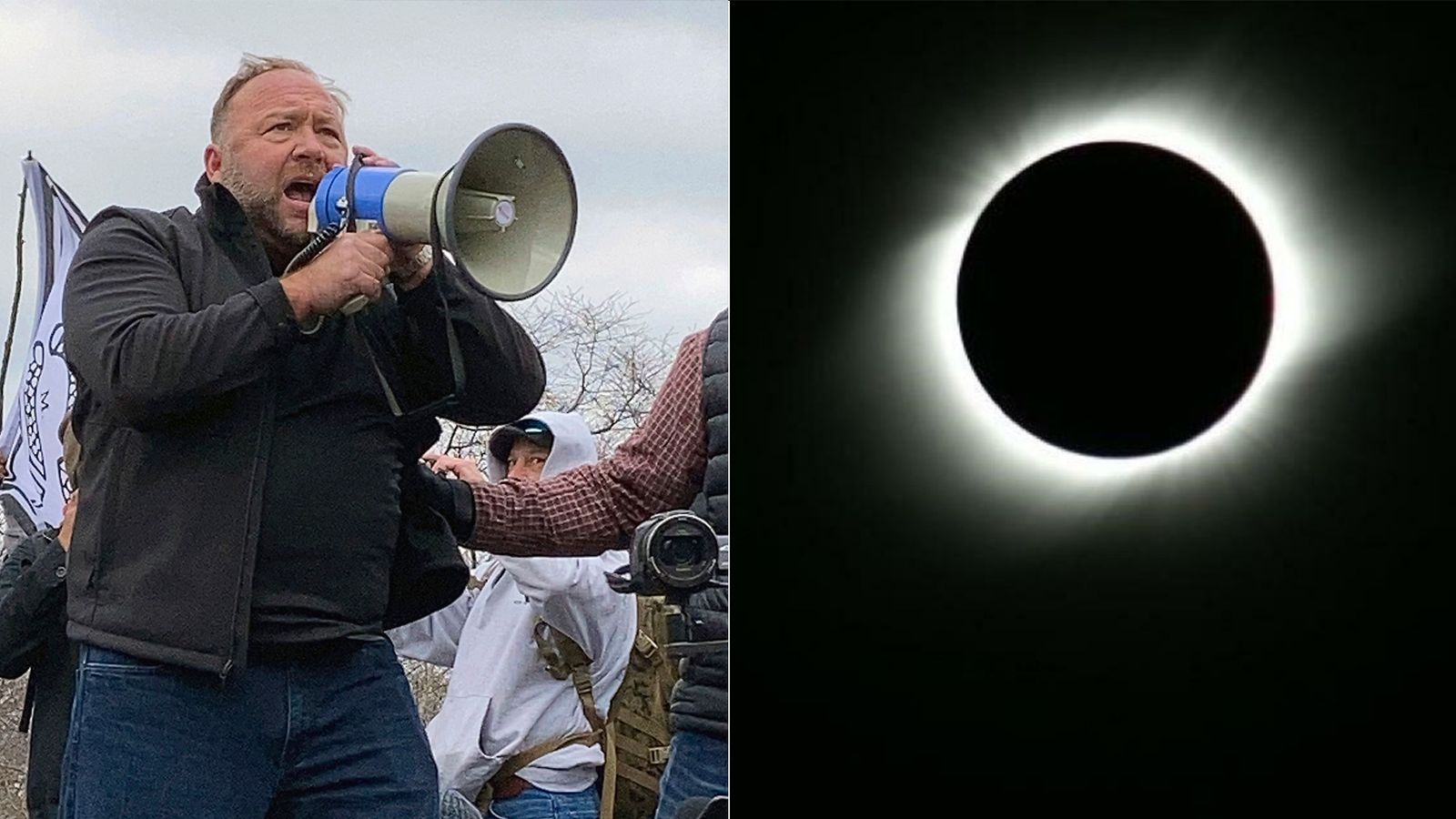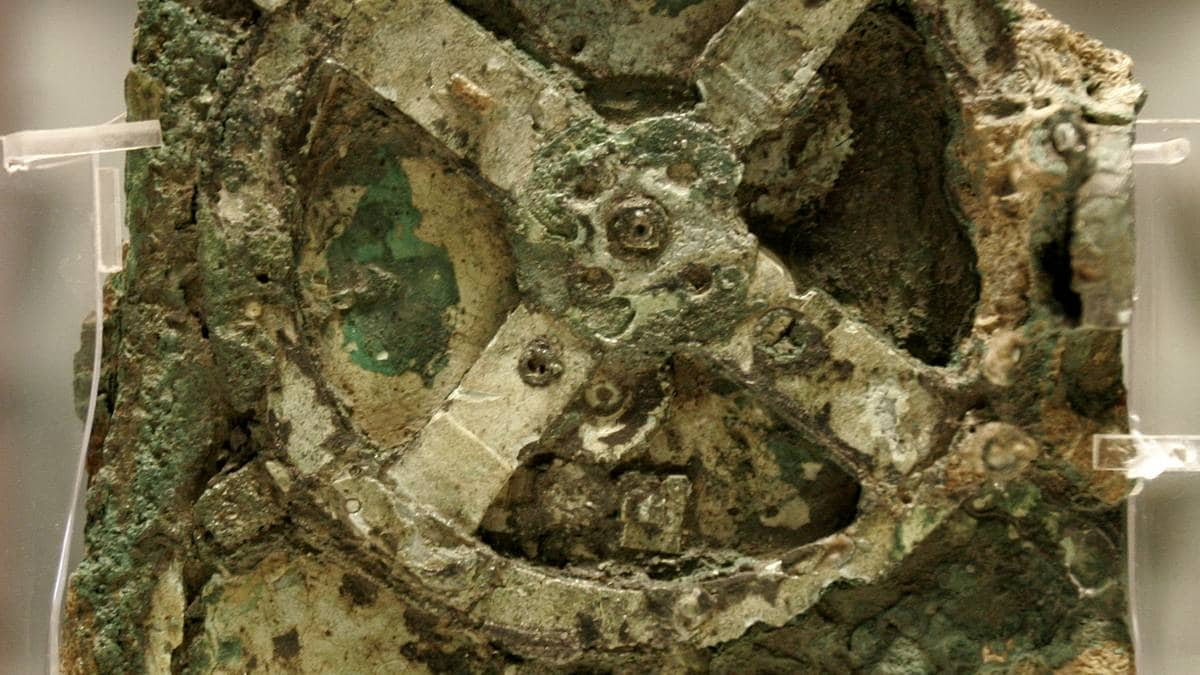Will Russia be cut off from the Internet? And will he make “his”, isolated from the global? The fact that the Russian state and its infrastructure are preparing for this is shown by documents that appeared in the media over the weekend. They were the first to be published by independent Belarusian television Next.
By the end of the week, they say, Russian servers and domains should be moved so that they remain “inside”, not “outside”, having “cut off” the world. Is it technically possible at all? The answer is quite surprising is yes and not so complicated. “After all, the Russians tried it, two years ago,” said Petr Krčmář, editor-in-chief of professional server Root.cz and expert on Linux networking and technology, in the One Percent podcast for Seznam Zprávy.
Technically, this is not a problem, you simply disconnect the “cable”, most often the optical cable that connects the network to the world. Technically, this is called an “island regime” and is a legitimate technical operation that can, for example, protect sensitive infrastructure in the event of a major hacker attack.
However, as Petr Krčmář reminds, the Czech Internet is preparing something similar, in particular the association NIX.cz, which manages the exchange nodes through which most of the Czech Internet’s data passes. He called it the Fénix project, which envisaged the creation of an “island regime” for multiple accessors. But it will only affect a few dozen networks, away from all users and data.
Therefore, an island regime can be created, but it is necessary to prepare for it. The goal is to move data and services to servers that will be “inside” and create alternatives to global services that you will lose access to when disconnected. This is what Russia has been doing for a long time. And we are talking about past years, not weeks or months.
Of course, this has its problems as most of the services we are used to will stop working in island mode. So even though two users could be physically connected with their laptops to an “inside” network, if they were using Gmail, for example, they wouldn’t be writing to each other.
Sometimes we don’t even know when and why our computer or server “reached” physically stored data, for example, on the other side of the world. Petr Krčmář also has a good example of this: when Google’s servers were down for two hours in 2016, some Czech government websites were also unusable. This is because they use Google’s reCaptcha system, which verifies whether a “live” or “robot” user is sitting at the computer.
That’s why Russia did this two years ago test. To show where such relations with the world are, they are often invisible or suspect. And, of course, because to transfer the entire state to the “island regime”, besides the size of Russia, this project is quite unique, unprecedented.
For example, China blocks a lot of “Western” content and has alternatives for its users to most of the major global services, but it is far from the case that the Internet is closer to the “island regime”. This is an act of extreme extreme and, above all, brutality.
How were the results of Russia’s disconnection tests two years ago? “We don’t know,” said Petr Krčmář, adding that no reports or data were published. But given that Russia plans to decide “directly” today, or at least is considering it, the test at least shows that it’s technically possible. And if there are problems, Russia has two years to eliminate them.
This approach proves, among other things, that the current crisis did not arise from a rapid escalation, or that it has escalated unexpectedly in recent months, but that the Russian regime has been preparing for it long and systematically. “We are disturbed because the Internet lock is abroad,” is a long-standing complaint of Russian politicians. For example, it comes from the “bad guy” Putin. Medvedev in February 2021.
If Russia is cut off, it is necessary to prepare for the fact that it will have an impact on ordinary users. Of course, especially in Russia. There is no escaping physical network disconnection, unlike software firewalls. The only option would still be a satellite connection, like Starlink’s Elona Muska, but this is pretty marginal.
After all, according to Petr Krčmář, the island regime coincidentally tested the original island this year, after a tsunami destroyed the optical cable connecting the small Pacific Ocean island nation of Tonga to the Internet. The cable eventually took five weeks to fix, and the island lost not only its internet connection but its telephone connection to the rest of the world.
Of course, breaking Russia’s ties will bring complications for all of us who don’t live in it. Of course, many of us have “cut ties” with Russia in recent days, either as a result of sanctions or our own decisions. But I think most of us still consider this a very temporary measure, and we hope it won’t last long.
The network cannot be changed; on the other hand, it can be expected that if the Russian authorities do, the isolation may not take weeks, but certainly months, even years. Are you in the habit of writing emails to Russian friends, acquaintances or colleagues? Do you have conference calls or virtual meetings via Skype or Zoom? Forget everything.
This can be problematic for scientists, experts and professionals in a number of completely non-political fields. And where Russia has unique data or resources and where very close and automated cooperation has gone so far. After the disconnection of the Russian network, normal contact becomes difficult, if not completely impossible. For certain fields (anything specifically related to Russia), this can be a tragedy.
So we come back to the main, most important question. Will Russia do it? Will this be a radical step, even though it is technically quite simple, and will tens of millions of the world’s internet users disappear into isolation overnight? “I am a cautious optimist,” said Petr Krčmář, who has no doubt that Russia is preparing intensively for something like this, but will not take the final step.
Yes, there is no denying that this is just one of many moves on the political chessboard. To be honest, Russia is not surprised that they are preparing intensively for a severance of relations, as calls for “severance” have been heard from the West in recent days. To make the termination of Russian users part of the toughest sanctions package.
Personally, I think it will be a bad and wrong decision, no matter which side makes it. And with disastrous consequences. It simply couldn’t compare to the Iron Curtain from the last Cold War.
Because our world has been digitized, how we have transferred most of our activities into it, and how we are so dependent on it, we have made it very easy for people who, for some reason, want a divided world. Cutting the data cables connecting Russia to the world would be disastrous.
At the same time, it will be a terrible symbol. The end of the hope that technology, economic growth and globalization can bring about a better world.
I have always said that the two most important world events in my life happened at the same time. I thought even one was related to the other, but today it turned out to be more of a coincidence.
The first was the fall of communism and the Iron Curtain, followed by the collapse of the Soviet empire. And the second exponential expansion of the Internet and then the Web. Although the beginnings of Internet infrastructure began in the late 1960s, when I was born, important things happened – as well as the aforementioned political events – in the early 1990s.
The events of early 2022 could symbolically disappear from those events. And both at the same time, however we look now, on the contrary, it is definitely not a coincidence. I kept hoping that didn’t happen.

“Hardcore zombie fan. Incurable internet advocate. Subtly charming problem solver. Freelance twitter ninja.”






